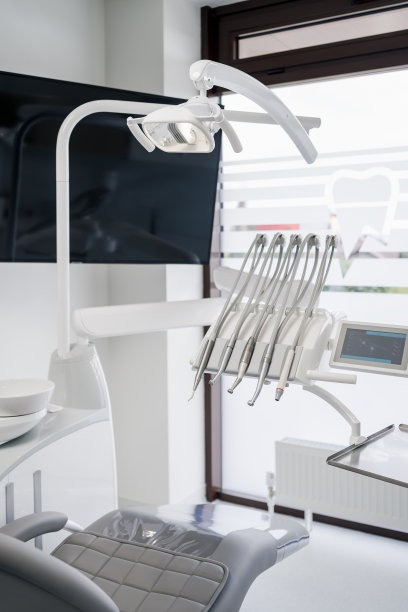Essential Tips and Precautions You Must Know Before Undergoing a Dental Filling Procedure for Optimal Oral Health
Summary: Undergoing a dental filling procedure is a crucial aspect of maintaining optimal oral health. This article outlines essential tips and precautions that patients should be aware of before the procedure. Covering aspects such as understanding the types of dental fillings, selecting a qualified dentist, preparing for the appointment, and post-procedure care, this comprehensive guide aims to empower patients. Emphasizing the importance of communication with your dentist and diligent post-operative practices, the information provided here ensures that you maximize the benefits of your dental filling while minimizing potential discomfort or complications.
1. Understand the Types of Dental Fillings

Before undergoing a dental filling, it鈥檚 essential to understand the various types of materials available. Common filling materials include amalgam, composite resin, glass ionomer, and porcelain. Each material has distinct advantages and disadvantages, making it crucial for you to consider which best suits your needs and preferences.
Amalgam fillings are made from a mixture of metals and are known for their durability, making them ideal for back teeth where pressure from chewing is greater. However, they are silver in color, which may not be aesthetically pleasing for some patients.
On the other hand, composite resin fillings blend more naturally with the color of your teeth, making them a preferable choice for front teeth. While they provide good aesthetics, they may not be as durable as amalgam fillings. Understanding these options will facilitate informed discussions with your dentist about the best choice tailored to your dental situation.
2. Selecting a Qualified Dentist is Crucial
Choosing the right dentist can significantly influence the outcome of your dental filling procedure. It鈥檚 vital to look for a dentist who has substantial experience and specialized training in restorative dentistry. Recommendations from friends, family, or online reviews can help in finding a trustworthy professional.
During your first consultation, take note of how comfortable you feel. A qualified dentist should be patient, willing to explain procedures in detail, and encourage you to ask questions. This rapport is crucial for your comfort during the procedure.
Additionally, ensure your dentists clinic utilizes up-to-date technology and follows hygienic practices. This not only assures a positive experience but also enhances your safety throughout the procedure.
3. Prepare for Your Dental Filling Appointment
Preparation is key to a smooth dental filling procedure. First, confirm that you have all necessary information ready, such as your medical history and any medications you may be taking. This information will help your dentist tailor the treatment to your specific health needs.
Secondly, consider your dietary choices before the appointment. It鈥檚 often recommended to avoid heavy meals right before the procedure, as you may need to wait a bit for the anesthesia to wear off before eating again. Staying hydrated is also important, but ensure it鈥檚 water or a mild beverage.
Lastly, mentally prepare yourself for the procedure. Many patients experience anxiety before dental work, so practicing relaxation techniques, such as deep breathing exercises or bringing along a comforting item, can help ease your nerves. Being mentally prepared can lead to a positive experience, allowing you to focus on your oral health.
4. Post-Procedure Care for Optimal Recovery
After undergoing a dental filling, post-procedure care becomes critical for optimal recovery. Initially, you may experience some sensitivity to temperature or pressure. This is usually temporary, but if discomfort persists, contacting your dentist for advice is crucial.
In the first few hours post-treatment, avoid chewing on the side of your mouth where the filling was placed until the anesthesia fully wears off. This helps prevent accidentally biting your cheek or tongue.
Additionally, maintain good oral hygiene by gently brushing and flossing the area around the new filling. Keeping the filling clean not only promotes healing but also prolongs its life. Finally, schedule follow-up appointments as recommended by your dentist to monitor the filling鈥檚 integrity and your overall oral health.
Summary:
In conclusion, understanding the essential tips and precautions before undergoing a dental filling procedure is crucial for setting yourself up for optimal oral health. From acknowledging the types of fillings available and selecting a qualified dentist, to preparing properly for the procedure and caring post-treatment, each step plays a significant role in achieving satisfactory outcomes. Being well-informed empowers you to make decisions that enhance your dental well-being.
This article is compiled by Vickong Dental and the content is for reference only.



